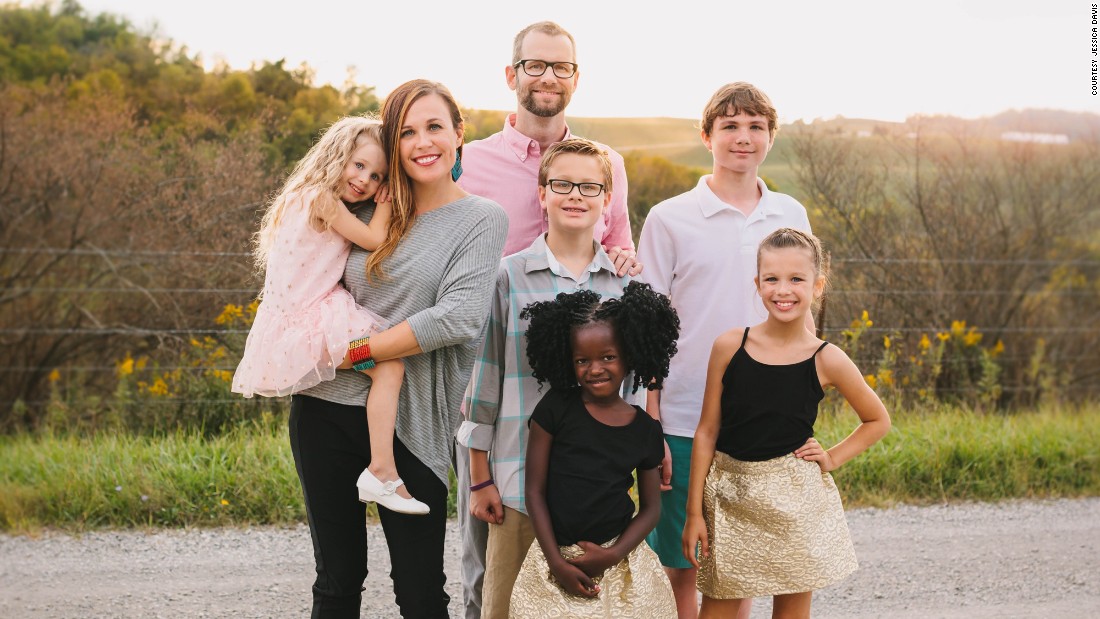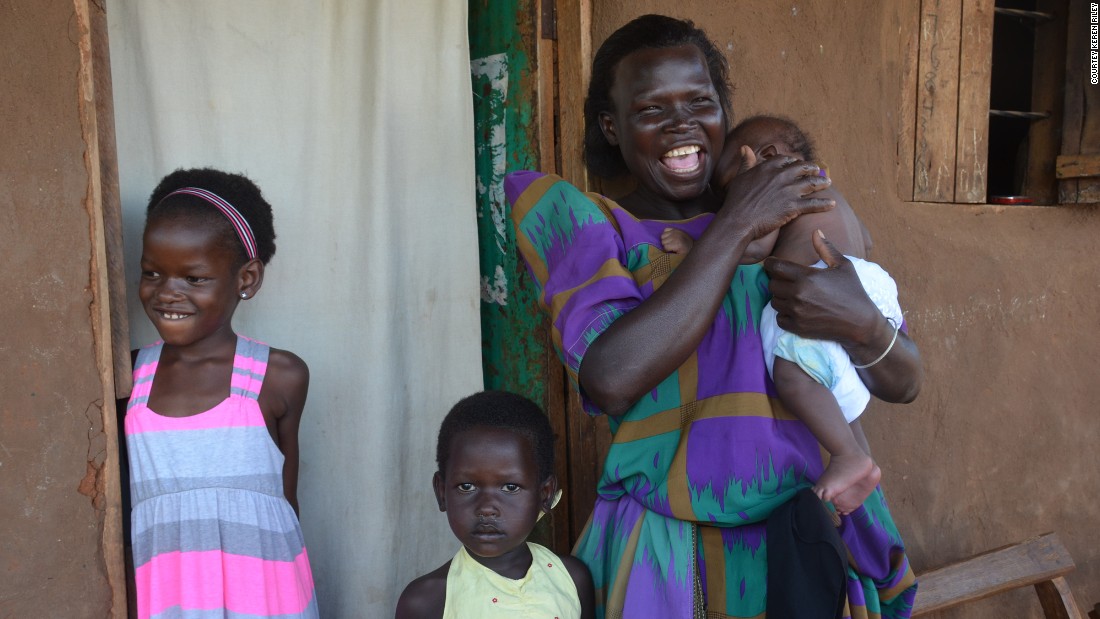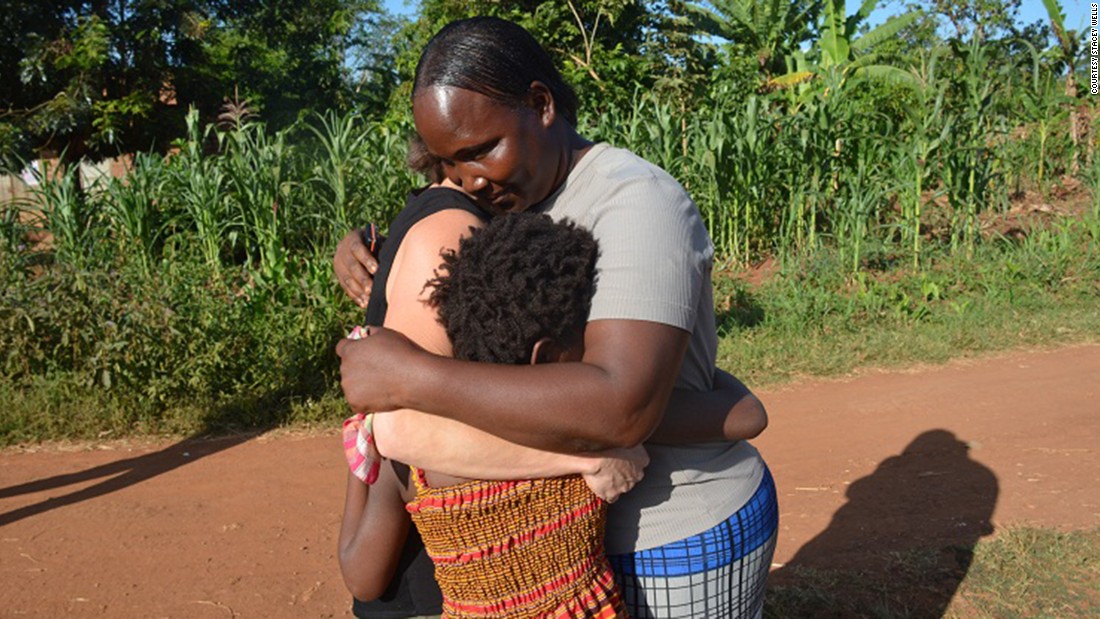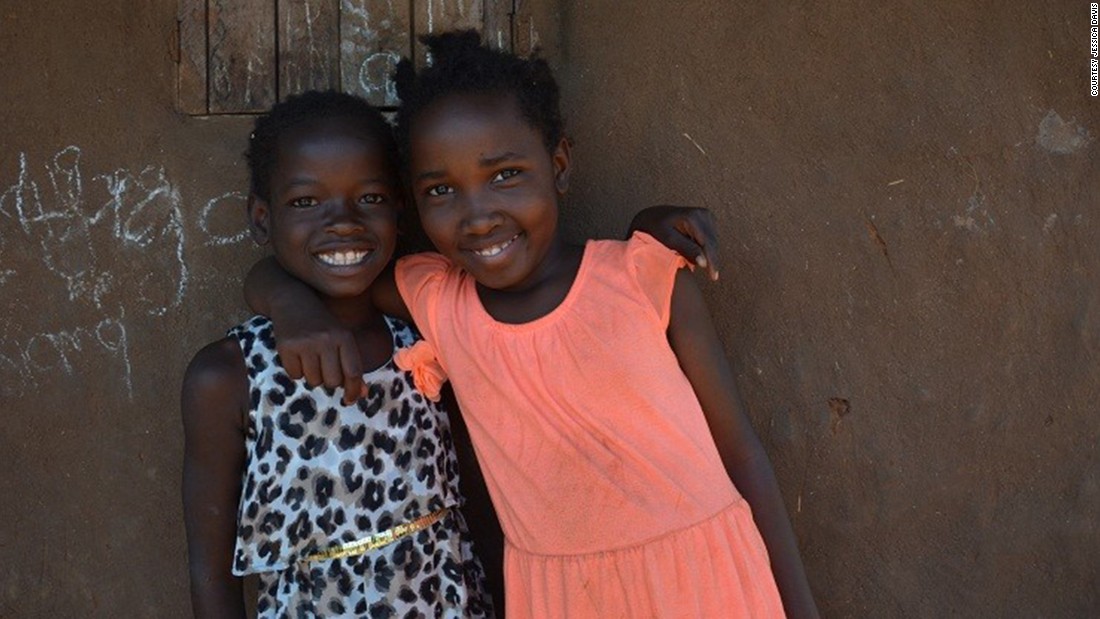FREDERICK K. COX INTERNATIONAL LAW CENTER Founder/Advisor |
War Crimes Prosecution Watch
Volume 12 – Issue 19 |
Editor-in-Chief James Prowse Technical Editor-in-Chief Managing Editors |
War Crimes Prosecution Watch is a bi-weekly e-newsletter that compiles official documents and articles from major news sources detailing and analyzing salient issues pertaining to the investigation and prosecution of war crimes throughout the world. To subscribe, please email warcrimeswatch@pilpg.org and type “subscribe” in the subject line.
Opinions expressed in the articles herein represent the views of their authors and are not necessarily those of the War Crimes Prosecution Watch staff, the Case Western Reserve University School of Law or Public International Law & Policy Group.
Contents
AFRICA
CENTRAL AFRICA
- The Wire: Seven Killed, 20 Injured in Concert Attack in Central African Republic
- Human Rights Watch: The UN Shouldn’t Fail the Central African Republic
- Bloomberg: Concert Blast Shows Central African Republic Religious Rift
Democratic Republic of the Congo
- UN News Centre: UN rights chief urges DRC authorities to allow peaceful expression of dissent at protests
- Reuters: Sweden says Congo not helping investigation into murder of U.N. monitor
- Africa Time: Victims of ex-Congo VP demand recompense: rights group
- Associated Press News: International court opens probe into Burundi deadly violence
- Reuters: Burundi rejects International Criminal Court war crimes investigation
- Reuters: Head of East Africa’s regional bloc condemns ICC Burundi investigation
WEST AFRICA
Lake Chad Region — Chad, Nigeria, Niger, and Cameroon
- Premium Times: Boko Haram attacks two Adamawa communities
- Deutsche Welle: Boko Haram blamed as four suicide bombers strike in northern Nigeria
- The New York Times: Why Niger and Mali’s Cattle Herders Turned to Jihad
- Daily Mail: Judge kidnapped as legal profession targeted in Mali
- Graphic Online: Ghana withdraws troops from Mali for security concerns
EAST AFRICA
- New Vision: Age limit: Maracha MPs arrested for inciting violence
- AllAfrica: The Monitor: Activists Ask Government to Arrest Bashir Hours After His Arrival
- AllAfrica: The Monitor: Besigye Charged With Assault of Police Officers, Malicious Damage
- News Ghana: Ugandan court to hear application on arrest of Sudanese leader
- Amnesty International: Police must not use lethal force against opposition supporters
- National Public Radio: Post-Election Violence Continues In Kenya, As Opposition Leader Returns
- The Washington Post: Kenya Supreme Court upholds election rerun, sparking celebrations, protests
- Human Rights Watch: Rein in Police, Condemn New Abuses
Rwanda (International Criminal Tribunal for Rwanda)
- Rights Info: The Rwandan Genocide is a Poignant Reminder Of The Importance of Human Rights
- Human Rights Watch: Submission to the Committee Against Torture: Rwanda
- Al Jazeera: The man who buried Somaliland’s dead
- Politico: U.S. military builds up in land of ‘Black Hawk Down’ disaster
- PBS News Hour: U.S. airstrikes kill more than 100 militants in Somalia
NORTH AFRICA
- The Libya Observer: Clashes still rage in Sidi Kharibish, Benghazi
- Reuters: Libyan forces hit Islamic State camp with air strike: commander
- The Libya Observer: US drone strike kills ISIS militants in central Libya desert
- The New York Times: Sale of Migrants as Slaves in Libya Causes Outrage in Africa and Paris
EUROPE
Court of Bosnia & Herzegovina, War Crimes Chamber
- The Court of Bosnia and Herzegovina: Edhem Žilić sentenced to 9 years of imprisonment
- The Court of Bosnia and Herzegovina: Ivan Medić receives a compound sentence of 14 years in prison
- The Court of Bosnia and Herzegovina: Custody of Brane Planojević Terminated
International Criminal Tribunal for the Former Yugoslavia
- Balkan Insight: Serbian Security Chief Denies Controlling ‘Scorpions’ Fighters
- New York Times: Judge Rejects Bid to Delay Verdict for Ratko Mladic in Bosnian Genocide
- Balkan Insight: Serbian Security Service ‘Deployed Arkan’s Paramilitaries’
- Balkan Insight: Ratko Mladic Convicted of Genocide, Jailed for Life
Domestic Prosecutions In The Former Yugoslavia
- Balkan Insight: Serbia Declares Mladic Aides’ Indictment a State Secret
- Balkan Insight: Landmark Srebrenica Trial Starts Over in Serbia
- Balkan Insight: Serb Policeman Accused of Beating Kosovo Prisoners
- Balkan Insight: Justice Hopes Fade for Victims of Devastated Vukovar
- Balkan Insight: War Rape Victim Sues Croatian Ministry
- Balkan Insight: Yugoslav Troops Accused of Killing Croatian Villagers
MIDDLE EAST AND ASIA
- Iraqi News: Mass graves of no less than 400 victims found in Kirkuk: Governor
- Iraqi News: Islamic State militant sentenced to death for smashing monuments in Mosul
- Iraqi News: Mass grave of 20 killed by Islamic State found in Salahuddin
- The New York Times: Crimes of the Caliphate: Iraqi Shepherd Bears Witness to ISIS Massacre
- BBC News: Suicide car bombing at north Iraq market kills 23
- Iraqi News: Iraqi forces arrest suicide bomber near Mosul market
- Iraqi News: Another mass grave found at a road southeast of Kirkuk
- The Guardian: Assad Regime’s starve or surrender strategy ‘a crime against humanity’
- The National: Former Syrian prisoners are firing back at the Assad regime
- The Guardian: Syria: at least 14 civilians killed in air strikes by government forces
- Syrian Network for Human Rights: On the Universal Children’s Day: No less than 26,446 Children Have been Killed in Syria since March 2011
- The Independent: Yemen: More than 50,000 children expected to die of starvation and disease by the end of year
- NPR: Saudi Arabia Faces Pressure To End Blockade As Crisis Worsens In Yemen
- The Washington Post: Yemen is on the brink of a horrible famine. Here’s how things got so bad.
Extraordinary Chambers in the Courts of Cambodia
- The Daily Star: Defense halts testimony of Special Tribunal Witness
- The Daily Star: Despite objections, STL chamber accepts Report, Phillips testifies
Bangladesh International Crimes Tribunal
- bdnews24.com: War crimes: Trial of 5 Moulvibazar suspects comes to an end
- Prothom Alo: Verdict against 6 Gaibandha war crimes accused Wednesday
- Firstpost: Bangladesh tribunal sentences six to death for helping Pakistani troops carry out 1971 genocide
War Crimes Investigations in Burma
- HAARETZ: Israel’s Explanation for Arming Myanmar During Ethnic Cleansing Campaign: ‘Both Sides Committing War Crimes’
- The Conversation: Myanmar and Buddhist Extremism
- The Washington Post: ‘We are going to kill you’: Villagers in Burma Recount Violence by Rohingya Muslim Militants
- Dhaka Tribune: UN envoy: Sexual attacks against Rohingya may be war crimes
- Haaretz: Two Israelis Wounded in West Bank Car-ramming Attack
- The Times of Israel: 2 years on, Palestinian arrested for stabbing Israeli
- The Muslim News: Palestine: Israel killed 14 Palestinian children in 2017
- Jewish Telegraph Agency: An Israeli soldier insists he beat a Palestinian. Officials don’t buy it
- CNS News: Expert: ICC Has No Jurisdiction to Investigate Alleged Crimes by US Troops in Afghanistan
- HuffPost: U.S. Military And CIA Leaders May Be Investigated For War Crimes
- The Washington Post: ICC prosecutor seeks probe into war crimes allegations against U.S. military, CIA in Afghanistan
AMERICAS
- Huffington Post: U.S. Military And CIA Leaders May Be Investigated For War Crimes
- CBC News: Canada’s top general pushes back against critics peacekeeping plan
- 13WTHR: UN Security Council to discuss worsening Venezuela situation
- Colombia Reports: Colombia’s senate approves war crimes tribunal and truth commission
- Colombia Reports: FARC seeks meeting with international court over Colombia’s transitional justice
- MercoPress: Calls for an ICC investigation into abuses of murder and torture by Venezuelan leaders
TOPICS
Truth and Reconciliation Commission
- The Island: What will Sri Lanka agree to in Geneva this week?
- Vanguard: Diversion of IDP Funds: UNDP, NHRC Report Indicts Presidency, Ex-SGF
- The Kathmandu Post: 11 years of peace agreement: Conflict victims’ wait for justice continues
- Herald Sun: Radicalised 14-year-olds to be held for up to 36 hours and right wing groups targeted in terror crackdown in Victoria
- WJLA: Trump says U.S. will declare North Korea a state sponsor of terror
- The Chicago Maroon: Supreme Court to Hear Case Surrounding Seizure of Iranian Artifacts from Oriental Institute
- The Maritime Executive: Nigerian Navy Rescues 10 Mariners from Pirates
- AllAfrica: Somalia: Suspected Pirate Vessels in Gulf of Aden Dispersed By Chinese Navy
- New York Post: Search for missing Argentine sub reaches ‘critical phase’
- News Click: Rights Body Accuses Myanmar Military of Mass Rape of Rohingyas
- Asia Times: Ending impunity for conflict-related sexual violence
- Al Jazeera: UN peacekeeping arms losses could equip an army: report
- Uganda Media Centre: Why Uganda Cannot Arrest President Omar Bashir
- Aljazeera: US aiding Saudi ‘war crimes’ in Yemen: Congressman
- The Jerusalem Post: How the ICC Going After US For War Crimes Impacts Israel
- CNN: Mladic judgment brings back stench of Bosnian genocide
—
You received this message because you are subscribed to the Google Groups “warcrimeswatch – War Crimes Prosecution Watch” group.
To unsubscribe from this group and stop receiving emails from it, send an email to warcrimeswatch+unsubscribe@case.edu.







